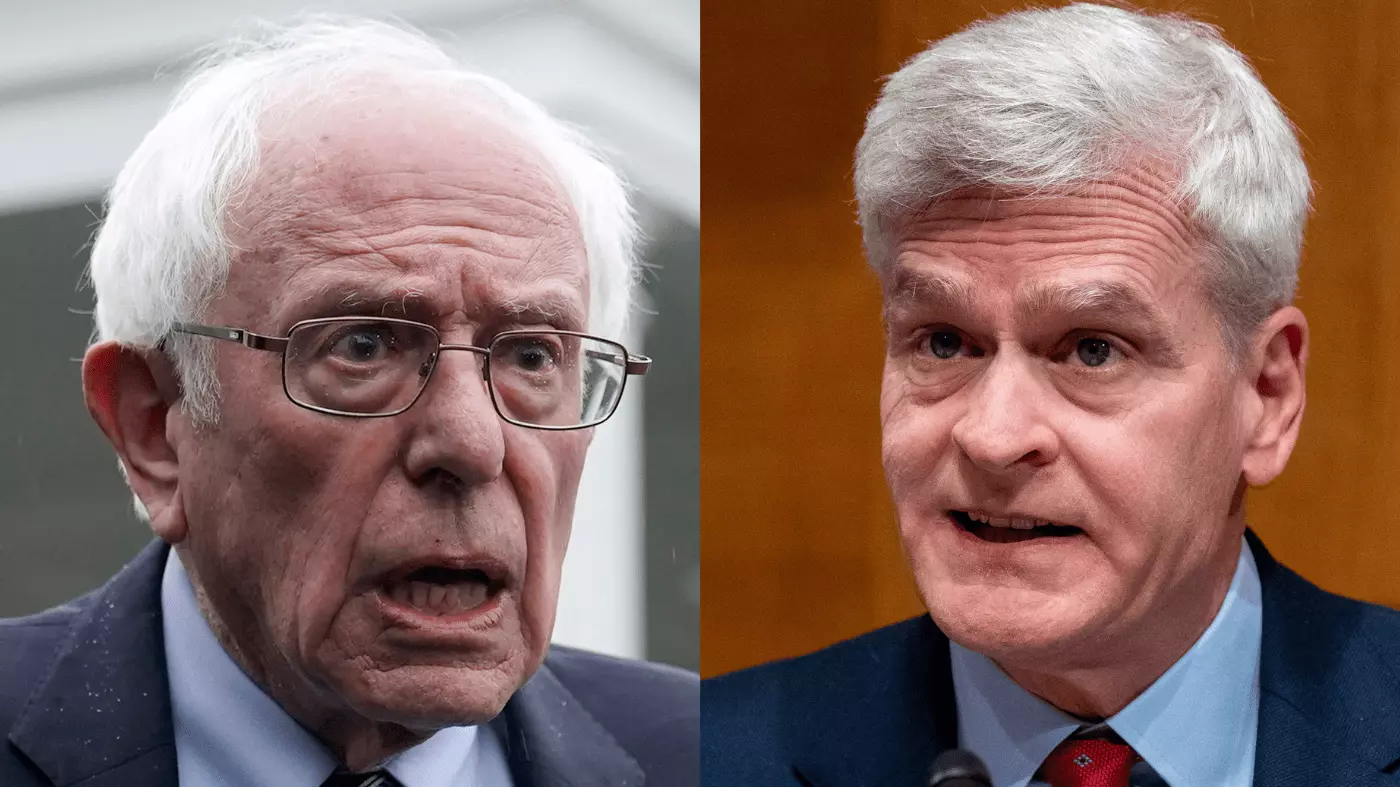Notifications
ALL BUSINESS
COMIDA
DIRECTORIES
ENTERTAINMENT
FINER THINGS
HEALTH
MARKETPLACE
MEMBER's ONLY
MONEY MATTER$
MOTIVATIONAL
NEWS & WEATHER
TECHNOLOGIA
TV NETWORKS
VIDEOS
VOTE USA 2026/2028
INVESTOR RELATIONS
COMING 2026 / 2027
ALL BUSINESS
COMIDA
DIRECTORIES
ENTERTAINMENT
FINER THINGS
HEALTH
MARKETPLACE
MEMBER's ONLY
MONEY MATTER$
MOTIVATIONAL
NEWS & WEATHER
TECHNOLOGIA
TV NETWORKS
VIDEOS
VOTE USA 2026/2028
INVESTOR RELATIONS
COMING 2026 / 2027
About Me
 Latinos Media
Latinos Media Latinos Media provides all types of news feeds on a daily basis to our Members
Posted by - Latinos Media -
on - March 4, 2024 -
Filed in - Salud -
-
654 Views - 0 Comments - 0 Likes - 0 Reviews

The congressional funding bills unveiled Sunday do not include bipartisan reforms to the pharmacy benefit manager (PBM) industry, as lawmakers and the Biden administration look for a path forward.
Lawmakers rolled out six full-year spending bills to fund a slew of agencies until early fall, including the departments of Agriculture, Interior, Transportation, Housing and Urban Development, Veterans Affairs, Justice, Commerce and Energy.
The health priorities in the legislation were considerably narrower than advocates and lawmakers had been hoping for.
The legislation included a funding boost for community health centers through Dec. 31. Health centers will see an additional $270 million in annual funding, backdated to the beginning of fiscal 2024.
Sen. Bill Cassidy (R-La.), ranking member of the Senate’s Health, Education, Labor and Pensions Committee, called the increase “responsible,” since it is offset and contains Hyde amendment language prohibiting the money from being used to fund abortions.
Committee Chair Bernie Sanders (I-Vt.) has been pushing for a much higher increase to address a shortage of primary care providers, but in a statement he said he was “proud” of the increase.
“Given the dysfunctional political environment in Congress, I am proud that we were able to reach a deal to provide meaningful increases in funding for primary care in America,” Sanders said.
PBM reforms cleared two Senate committees on a bipartisan basis, but major policy disagreements between House and Senate Republicans in terms of the scope of the changes led to them being sidelined, likely until a lame duck session after the November elections.
“I’m extremely disappointed it leaves behind major reforms that would lower prescription drug costs for America’s seniors and permanently expand access to mental health care. We can do better,” Senate Finance Committee Chair Ron Wyden (D-Ore.) said in a statement.
“It is a real missed opportunity that these critical, bipartisan provisions will be unnecessarily delayed until December or longer,” he added.
At the same time, the White House on Monday held a listening session with industry representatives as well as state and federal officials to discuss how changes to PBMs’ business practices could make the industry more transparent and result in lower health costs for Americans.
Critics charge that PBMs act as shadowy middlemen, relying on opaque pricing models that drive up costs for businesses and consumers.
Notably, one of the attendees was Federal Trade Commission (FTC) Chair Lina Khan. The FTC is conducting an inquiry into the business practices of PBMs and how they impact independent community pharmacies. But more than a year and half after the inquiry began, the three largest companies — CVS Caremark, Express Scripts, and Optum Rx — aren’t fully complying with document requests.
“FTC orders are not suggestions,” Khan said Monday. “We will not hesitate to use the full extent of our legal authorities to mandate compliance.”
The Pharmaceutical Care Management Association, a trade group for pharmacy benefit managers, said they were not invited to the White House and claimed officials only heard from "people and groups with vocal anti-PBM agendas.”
"Unfortunately, today’s event serves to promote only one model and one perspective. We share the Administration’s goal of lowering prescription drug costs and would welcome the opportunity to work together to make prescription drugs more affordable for patients and employers,” the group said.